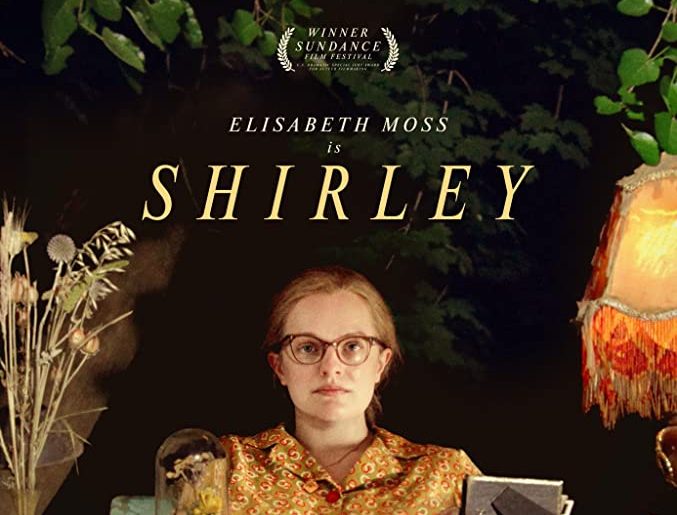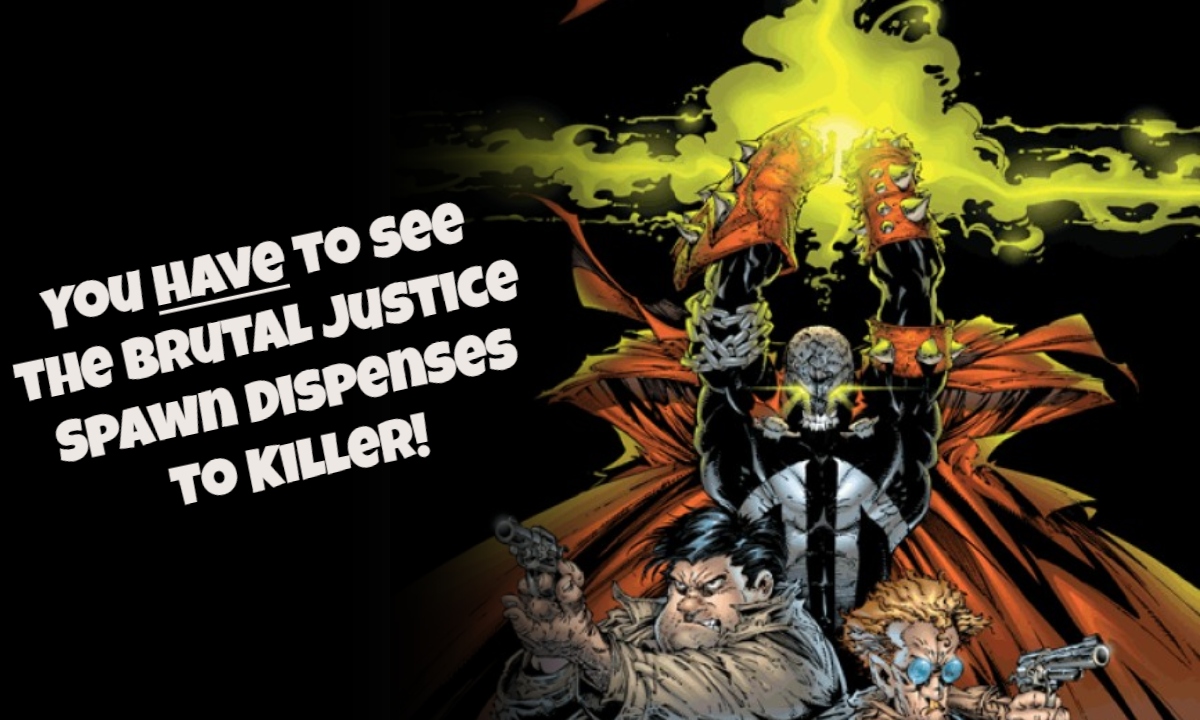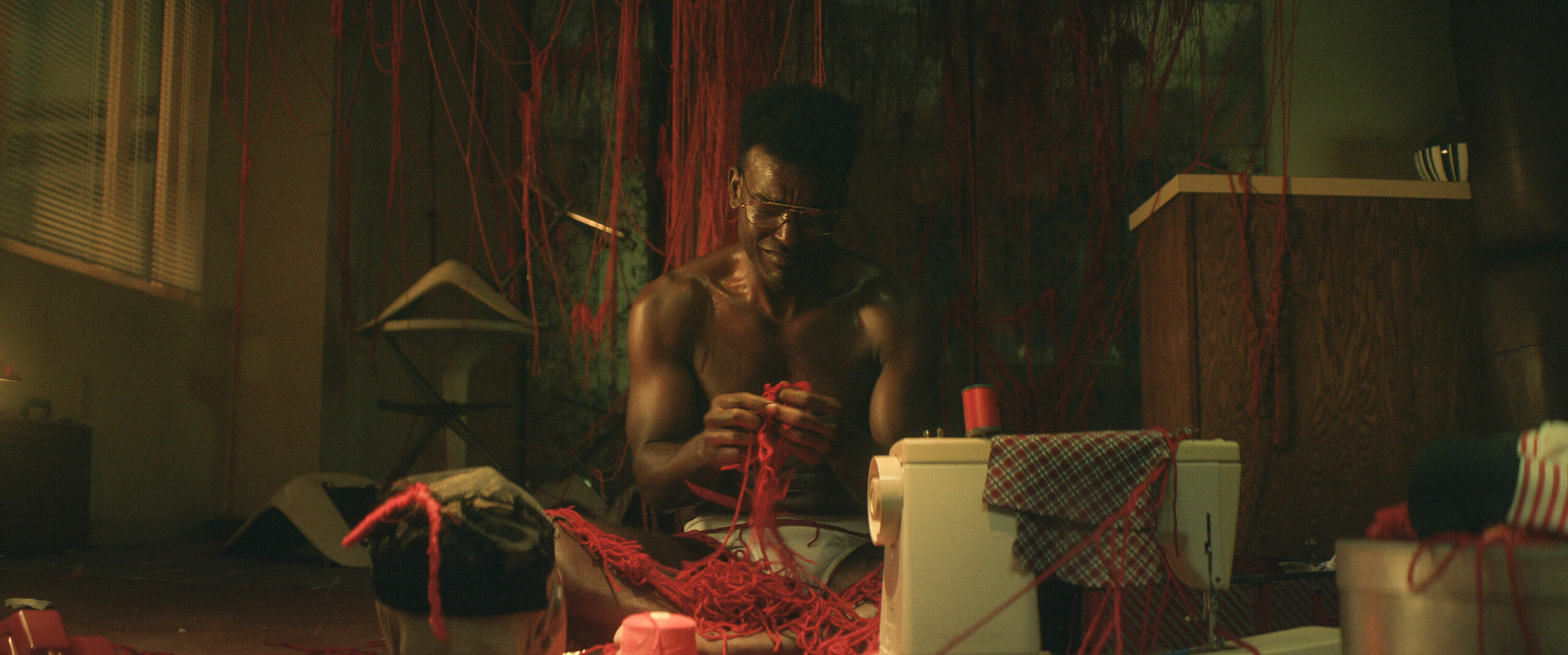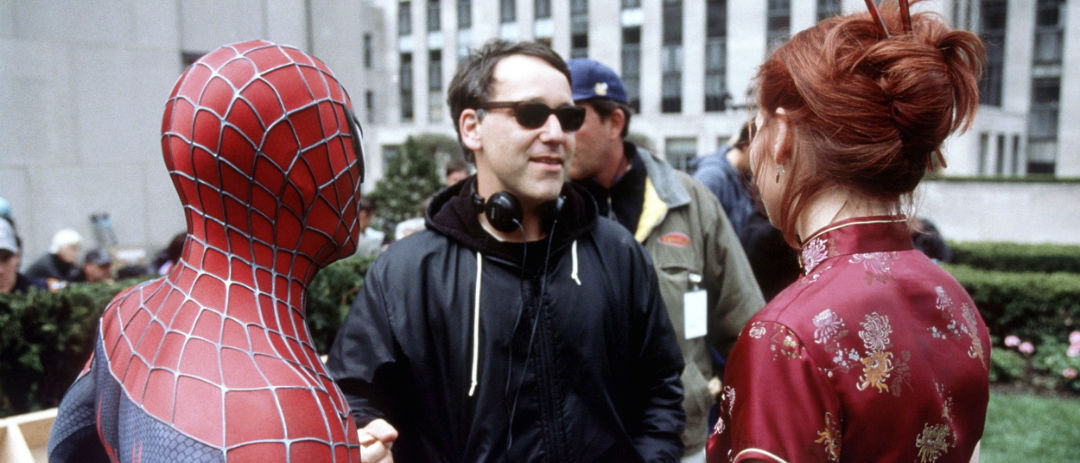On June 5th Neon Studios released Shirley which is a biographical drama, directed by Josephine Decker. The story follows a young couple that moves in with Shirley Jackson and her husband, Stanley, in the hopes of starting a new life. Instead, they find themselves fodder for a psycho-drama that inspires Jackson’s next major novel. I had the opportunity to talk with writer Sarah Gubbins about the challenges of writing a screenplay based off a book.
Nancy Tapia: Let’s talk about Shirley. Now, this is an interesting concept because you’re a writer writing about another writer. Shirley Jackson, in a fictional account, of course, not biography. Have to clarify. How did that come about for you to initiate writing?
Sarah Gubbins: I’ve been a Shirley Jackson fan for a long time, from the first time I encountered her work as it was reading The Lottery in high school, like many of us. I didn’t want to do a traditional biopic, and I thought this idea of what it took for Shirley to write was meaty. It was complicated, and then the kind of ways the… her own relationship to her writing and what it would take after the story that’s been one of the most anthologized stories in American fiction was reviled. It was loved, but it was also reviled. Then it kind of sent her into this strange depression to have that notoriety so early in her career, and yet what it would take for her to kind of burst through and then become the novelist that we know her to be.
I found that an interesting crossroads to intersect in. I had been thinking about Shirley, but you don’t know what that means. You think about a lot of things, and then you write some other stuff. Then you’re, “Oh, that Shirley Jackson. Okay,” but it didn’t really coalesce until I read Susan Merrill’s novel. I thought, “Oh, yes. What would it be like to live with Shirley Jackson?” If you were just a normal lady, what would it be like to be living with her, and what would it ultimately be like if she turned to you to find this character? The novel that she’s writing is Hangsaman and it’s inspired by this true story of a Bennington student that went missing in the Green Mountains.
It was kind of a I’m inventing Shirley while she’s inventing a character and that it was a fun arena. It was also fun to kind of maybe create a writer where you could start to see the ways in which they pilfer from their real life and are a little vampiric with the relationships that they forge, both consciously and subconsciously. I mean, I think that’s just part of it. Shirley’s just so playful in that regard. I think she’s just a very, very complicated character that is also incredibly vulnerable.
Related: Odessa Young Talks About The Intense Nature Of The Film Shirley
Nancy Tapia: That’s where Rose comes and learns about her.
Sarah Gubbins: Yes.
Nancy Tapia: Why a newlywed couple?
Sarah Gubbins: Well, in the novel, there’s a girl that comes to live with Shirley. I thought about Shirley and Stanley, and the more I kind of researched them and the more I read their correspondence to each other, they really started to remind me of the archetypal George and Martha from Who’s Afraid of Virginia Woolf? To have a young couple come in and to have Shirley in almost a maternal way liberate this young woman from and complicate and show her kind of that there is more to life than just diapers and dinners, that felt, in some ways, like what Shirley has done for me as a writer that she’s writing from a time that… Her writing’s always stuck with me and stayed with me. I think that was an opportunity to kind of show her influence, her undeniable influence.
Nancy Tapia: For your script, was it always Shirley the title? Or did you have a different title at one point?

Sarah Gubbins: It was always Shirley. I think part of that is we unapologetically, Elizabeth Moss and Josephine and our producers all want to resurrect and really announce Shirley Jackson and do our part to really bring her talent and her genius into our contemporary moment. It felt like announcing her name was one of the starkest ways to do that.
Nancy Tapia: How was it working with the director, Josephine Decker?
Sarah Gubbins: Every day was an adventure. Josephine has one of the most intuitive cinematic impulses of any director I’ve ever encountered. Like Shirley Jackson, she can make the mundane truly terrifying. I don’t know how she does it. There’s a couple shots of a fly buzzing in a window, and it feels just spooky and terrifying to me, but also the ways in which she really breathes life into a camera so the camera feels like a presence. Sometimes it’s ghostly. Sometimes it’s monstrous. Sometimes it’s seductive and a lover. Yeah, I couldn’t even begin to dissect how she does it because she has a bit of Shirley magic in her work. When I saw Thou Wast Lovely, I felt like whoever made that would be able to help us crawl into Shirley’s psyche and kind of put it on screen because there’s something that’s very… It’s an inarticulate chemistry that was needed.
Nancy Tapia: Just real quick to finalize, how was it to see Elizabeth Moss made up as Shirley?
Sarah Gubbins: I can’t even explain. I think when she put the glasses on, I screamed because she completely transformed into the role, and yet she’s so sympathetic in her portrayal and so naughty and so hilarious. I remember the day when we were in wardrobe and she was picking out… We all were looking through glasses together, and she found Shirley, you know?
Nancy Tapia: Well, thank you so much for your time. Viewers are going to love the film and view it on Hulu. Congratulations!
Sarah Gubbins: Thank you so much!
Shirley is now available on Amazon Prime and Hulu.
Continue the LRM Online conversation on Discord by CLICKING HERE!
—–
Have you checked out LRM Online’s official podcast feed yet The LRM Online Podcast Network? This includes our flagship podcast Los Fanboys, our premiere podcast Breaking Geek Radio: The Podcast, GeekScholars Movie News, and our morning show LRMornings. Check it out by listening below. It’s also available on all your favorite podcast apps!
Subscribe on: Apple Podcasts | Spotify | SoundCloud | Stitcher | Google Play

 FOR FANBOYS, BY FANBOYS
Have you checked out LRM Online’s official podcasts and videos on The Genreverse Podcast Network? Available on YouTube and all your favorite podcast apps, This multimedia empire includes The Daily CoG, Breaking Geek Radio: The Podcast, GeekScholars Movie News, Anime-Versal Review Podcast, and our Star Wars dedicated podcast The Cantina. Check it out by listening on all your favorite podcast apps, or watching on YouTube!
Subscribe on: Apple Podcasts | Spotify | SoundCloud | Stitcher | Google Play
FOR FANBOYS, BY FANBOYS
Have you checked out LRM Online’s official podcasts and videos on The Genreverse Podcast Network? Available on YouTube and all your favorite podcast apps, This multimedia empire includes The Daily CoG, Breaking Geek Radio: The Podcast, GeekScholars Movie News, Anime-Versal Review Podcast, and our Star Wars dedicated podcast The Cantina. Check it out by listening on all your favorite podcast apps, or watching on YouTube!
Subscribe on: Apple Podcasts | Spotify | SoundCloud | Stitcher | Google Play



